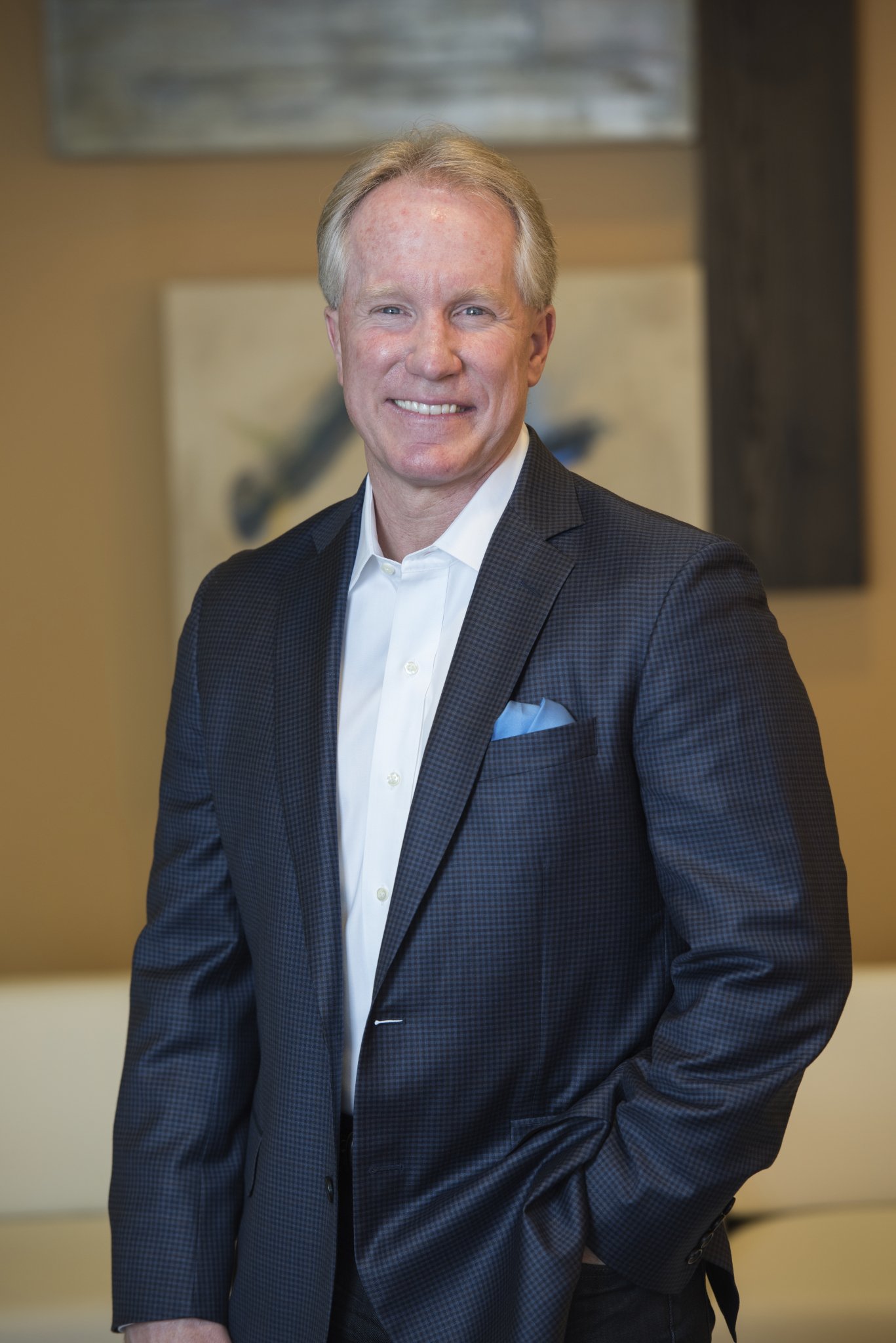In a peripatetic industry like hospitality, jumping from one company to the next is typical. John Belden, president and CEO of Davidson Hotels & Resorts, is not the norm, having been with his company for more than a quarter-century. In those years, he has taken Davidson from a small business focused on development to a 40-property-strong management company that is still evolving and adapting to changing times.
The Value of Mentors
Belden knew he wanted to work in hospitality after a job cooking in a kitchen at the Catawba Island Country Club in Port Clinton, Ohio. There, he saw how the GM—the late Fred Heigel—interacted with both guests and staff.
“He commanded the room,” Belden said of his mentor. “He had incredible skills. He was a businessman; he was a diplomat; he was just wonderful. He was resplendent in his suit and just very regal. I worked in the kitchen, and every night, he would come in and take off his coat and he would help with the dishwashing. He didn’t have to do that, but that was the way he was built.”
Heigel’s work ethic inspired Belden. “I thought, ‘I want to be that person,’” he said. Deciding on a career in hospitality, he chose to attend Michigan State University, where he earned his degree from the business college with an emphasis in hotel, restaurant and institutional management.
In college, he found a new mentor: Don Smith, the dean of the hospitality school, who had an “exceptional background” in the industry, particularly in restaurants. “He had this big personality; this way to inspire you, but he also had a great business persona.,” Belden said. “He was another larger-than-life figure.”
Decades later, Belden still speaks highly of Heigel and Smith. “I’ve had these great mentors—and not just people who understand the task-oriented things in our business, but how to lead people, how to inspire and motivate people,” Belden said. “I’ve had big figures who have helped shape my thinking, my perspective on the world, my positive outlook on things.”
Post-Grad

After college, Belden worked with Laventhol & Horwath, a hospitality consulting company, and then at the then-nascent Residence Inn brand. “We grew that company from a small organization to a 105-hotel brand that Marriott ultimately bought,” he said. “From there, I was able to go to Holiday Corporation and start a little company called Homewood Suites.”
Working with eight other people from 1987 to 1989, Belden helped develop Homewood Suites within the framework of the Holiday Corporation before selling the development rights for Homewood Suites in San Diego County and Orange County (California) to the predecessor of Davidson Hotels & Resorts in 1989. Shortly thereafter, he said, he joined Davidson as SVP of business development, and became president and CEO in 2006.
In his earliest years with Davidson, the company focused on development and built hotels from the ground up. When tax laws changed in the 1980s and 1990s, the company began buying “broken” assets—“properties that were undercapitalized, misbranded, undermanaged,” Belden explained—and fixing them up.
“This provided us with a quicker entree into the market, a quicker opportunity to make money as opposed to the development world, where it might be two years before we opened a hotel. We were doing nothing but spending money—investing money on getting the project up and running before we’d begin to earn a management fee or cash flow. So buying assets and quickly fixing them became our MO, and we’ve been doing that for the last 25 years.”
Lessons Learned
After a lifetime in the business, Belden has found that the biggest challenges are the old ones. Staying relevant in changing times is “an ever-changing puzzle,” he said. “It’s trying to find the right pieces that fit for the time and the age.”
The other challenge, he said, is to be true to what the company is and maintaining its values. “We need to understand our competitors, but we don’t want to be our competitors,” Belden said. “There’s a right way to do business and a wrong way to do business, in our perspective—and it’s very easy to cut corners; it’s very easy to look the other way and do business the wrong way in an effort to generate money.”
For example, he said, if a developer takes over a hotel and wants to increase the bottom line, it’s very easy to fire staff and cut costs. “You’ll see an immediate impact on the bottom line,” Belden said. “It’s a short-term strategy that works, but there is a long-term implication. There’s even a medium-term implication because customers are going to notice. Service is going to suffer. Your repeat traffic is going to drop markedly. Your guest satisfaction scores are going to go down.” While the bottom line might look good for a time, he said the hotel will face “terrible repercussions down the way.”
After 25 years with Davidson, Belden understands what a successful hotel company should do. “We want to create value that is sustainable for the long-term, and sometimes that takes greater effort,” he said. “Sometimes it takes more expense in the front end to create that greater experience in the long term.”
But when guest satisfaction scores improve and repeat traffic grows, the initial effort and expense makes it worthwhile, Belden said. “You can ask for a higher room rate because it’s worth it and because we’ve enriched the experience.”
